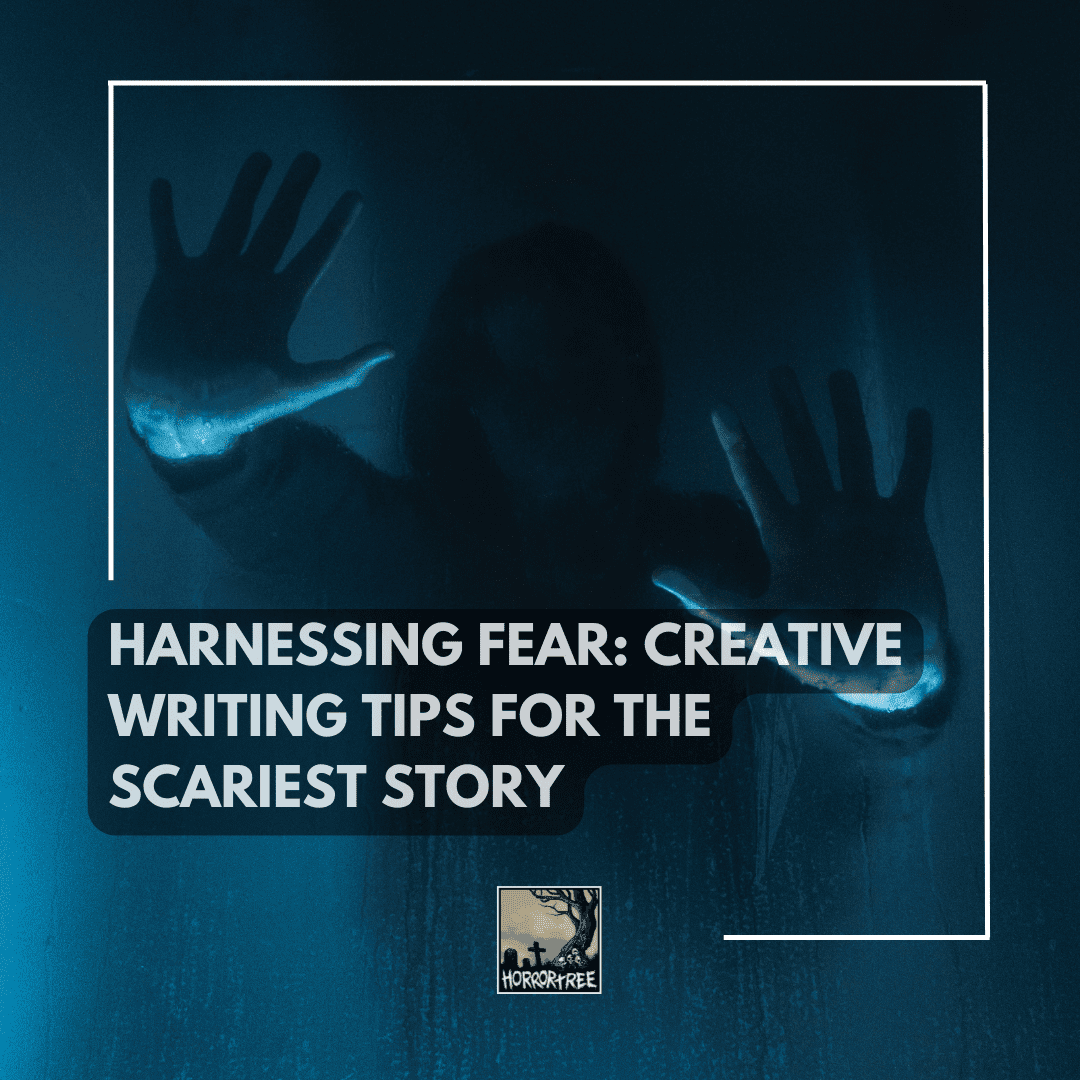How Do Writers Use Pathos?
 Pathos: a Greek word meaning both ‘suffer’ and ‘experience.’
Pathos: a Greek word meaning both ‘suffer’ and ‘experience.’
Interestingly, one of your goals as a writer is to make your characters experience suffering. Because happy characters make for pretty dull fiction.
When people say you should make your readers feel something, they’re talking about pathos.
There are a number of ways to do this—some more efficient than others. Some will, undoubtedly, work better for you than for someone else. Writing is one of the most personal and subjective things there is. It’s important, as with all aspects of your craft, to employ this tool with caution. Too much pathos and you risk overwhelming, and subsequently emotionally deadening, your reader. Too little and they’re not engaged at all.
The key is to strike a balance—make ‘em feel but don’t beat them over the head with it.
Some tools are excellent for conveying emotion: word choice, sentence and paragraph length, and even what letters you use, can all have an impact. Let me give you an example: Sam has a job interview. He’s been out of work for six months and is nearly out of money. He was fired from his previous job at a gaming store when his mother died and grief interfered with his ability to perform his duties. Those are the facts. But here are two ways we could write the scene.
- Sam was worried about money and nervous about the interview at the comic store. He didn’t want to appear desperate, though he was. The food was almost gone, and rent was overdue. He had finally felt good enough to try to work again, after suffering from grief for so long. This job would make things so much better.
- Sam sat at the fifties-style Formica dinette set, staring at the clock. Forty minutes until the job interview. The fridge behind him had a single egg and half a jar of mayo in it. There were a few Ritz crackers and some ketchup packets in the cupboard. After his mom died, Sam kind of lost it. He went to work too soon, and was relentlessly gloomy and furious. Customers would ask for help and he’d scream in their faces. He’d even thrown a huge stuffed Pikachu at a woman’s head. Grief will mess you up. He stood up and took a huge breath, shaking off the numbness that threatened to overwhelm him. “I got this,” he said aloud. “I got this.”
Which version resonates with you? Is it the one with relatable details? Higher stakes? Which one points to the emotional landscape?
Suffering and experience. Pathos.
I could easily have gone overboard here, though some horror writers may believe it’s impossible to go too far. But, if I’d had Sam clenching his fists, on the verge of tears, sweating profusely, and dropping to his knees, begging to work at the comic store— it’d be too much. I’ve lost you. Instead of engaging you emotionally, I’ve evoked pity, disgust, or—worst—apathy.
It’s a sweet spot, and, when you hit it, as a writer, you’ve hooked your reader, engaged them with pathos. It’s a thing of beauty.
A piece of writing can be technically brilliant, the prose can flow across the page with elegance and poise, but, if it lacks pathos, it’s going to fall flat; it’s going to be forgettable.
Another important tool is the paragraph. Longer paragraphs take longer to read. Makes sense, right? They’re comfortable and expansive, but they can also come across as soft and squishy. This is where you want to give your reader a chance to relax a little, take a break from the action. Big blocks of text are perfect for setting a scene, inserting exposition, flashing back to a remembered past. The stakes, for the reader, are relatively low here. This is not to say that long paragraphs can’t, or shouldn’t, contain pathos. Of course they can. But it should be more subtle. This paragraph was all about telling explaining long paragraphs, obviously, but I snuck in some words that evoke emotions too: ‘soft, squishy, comfortable’. See how it works?
Short paragraphs are for action. For impact. Boom!
As you can see, this rule also applies to sentences.
Word choice is key as well for delivering on the pathos. Some words carry more weight. In my example above, Sam wasn’t ‘mad’ and ‘sad’. Sam was ‘relentlessly gloomy and furious’. I didn’t say he was running out of food. I gave you details, showed you exactly how dire things were.
I mentioned letters. We can break it down even that far. Some letters, particularly hard consonants, have a percussive sound to them. P, K, or hard C, and T in particular. It’s so much more impactful to say: ‘life kicked Sam in the teeth’ than: ‘Sam was suffering’. It may seem subtle but it can mean the difference between prose that invigorates the reader and prose that puts them to sleep.
We all want our stories to be remembered. We want readers to tell their friends that they have to read your book! To get there, you need to connect with them. You need to make that emotional splash. You need pathos.
All right. Guess what? I’m going to break the news to Sam that he’s going to blow this interview. He’ll come across as too needy. The manager will see the dirty nails, the bags under his eyes, and the four-day beard and judge Sam to be unfit for customer service. Why would I do this? Because making him suffer is my job.
- About the Author
- Latest Posts
Ken MacGregor writes stuff. Sometimes, he edits stuff too.
He has two story collections: AN ABERRANT MIND, and SEX, GORE & MILLIPEDES, a young adult novella: DEVIL’S BANE (YA winner of the 23rd annual Critters Readers Poll), a co-written (with Kerry Lipp) novel: HEADCASE (available in serialized form), and is a member of the Great Lakes Association of Horror Writers (GLAHW). He is a somewhat regular contributor to HorrorTree with his column Brain Babies. He has also written TV commercials, sketch comedy, a music video, some mediocre poetry, and a zombie movie. Ken is the Managing Editor of Collections and Anthologies for LVP Publications. He’s curated two anthologies: BURNT FUR for Blood Bound Books, and STITCHED LIPS for Dragon Roost Press..
When not writing, Ken drives the bookmobile for his local library. He lives with his kids, two cats, and the ashes of his wife.
Ken can be found at the staggeringly egocentric-named website kenmacgregor.com.












